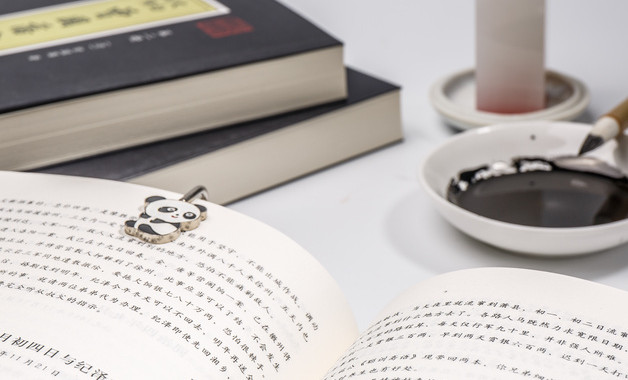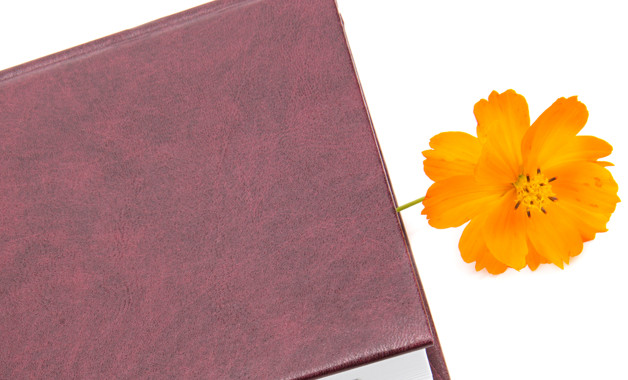wh总结(四篇)

【第1篇 whenever引导的两类状语从句知识点总结
whenever引导的两类状语从句知识点总结
■引导让步状语从句
引导让步状语从句,表示无论何时,相当于 at whatever time, no matter when等。如:
whenever i see him, hes reading.
我无论什么时候看到他,他都在看书。
whenever i go to london i try to see vieky.
我什么时候去伦敦,都设法去看看维基。
whenever you come, you are welcome.
你什么时候来,我们都欢迎。
■引导时间状语从句
引导时间状语从句,表示每当一就,与when用法相似,但语气更强。如:
the roof leaks whenever it rains.
这屋顶一下雨就漏。
i go to the theatre whenever i get the chance.
一有机会我就去看戏。
whenever i mention playing football, he says hes too busy.
我一跟他提踢足球的事, 他就说太忙。
从句主语和谓语有时可以有所省略。如:
whenever (it is) possible, he goes to see her.
【第2篇 英语八年级what和which及频度副词用法知识点总结
what...? 与 which...?
1. what 与 which 都是疑问代词,都可以指人或事物,但是what仅用来询问职业。如:
what is your father? 你父亲是干什么的?
该句相当于:
what does your father do?
what is your father's job?
which 指代的是特定范围内的某一个人。如:
---which is peter? 哪个是皮特?
---the boy behind mary. 玛丽背后的那个男孩。
2. what...?是泛指,所指的事物没有范围的限制;而 which...?是特指,所指的事物有范围的限制。如:
what color do you like best? (所有颜色)
你最喜爱什么颜色?
which color do you like best, blue, green or yellow? (有特定的范围)
你最喜爱哪一种颜色?
3. what 与 which 后都可以接单、复数名词和不可数名词。如:
which pictures are from china?
哪些图片来自中国?
频度副词的位置
1.常见的频度副词有以下这些:
always(总是,一直) usually(通常) often(常常,经常) sometimes(有时候) never(从不)
2.频度副词的位置:
a.放在连系动词、助动词或情态动词后面。如:
david is often arrives late for school. 大卫上学经常迟到。
b.放在行为动词前。如:
we usually go to school at 7:10 every day. 我们每天经常在7:10去上学。
c.有些频度副词可放在句首或句尾,用来表示强调。如:
sometimes i walk home, sometime i rides a bike. 有时我步行回家,有时我骑自行车。
3.never放在句首时,主语、谓语动词要倒装。如:
never have i been there.
【第3篇 初一英语what do you think of game知识点总结
2. think '想,考虑,思索'(v. 动词)可以和许多介词搭配,组成新的意思。
a:think of '考虑';'有...的看法', 有时等于think about.
what does he think of beijing opera?他对京剧有什么看法?
my mother always thinks of everything!我妈妈总是想到所有的东西。
think highly of sb. /sth. 对某人或某物评价甚高
mr black thinks highly of his son. 布莱克先生对他儿子评价甚高。
b:think about '考虑'(指计划,观念,看它是否相宜、可行)
he is thinking about going to china.他正在考虑去中国。
3. too与either的区别
too'也',表示肯定意义,与肯定的表达方法连用;而either'也不',表示否定意义,与否定的表达方法连用。
(1)—my brother likes to play soccer.我哥哥喜欢踢足球。—i do, too.我也是(喜欢)。
(2)—my brother doesn't like to play soccer.我哥哥不喜欢踢足球。—i don't, either.
我也不喜欢。
also也可以表示'也',但一般情况下,too和either放在句子之后,also放在动词之前。
we also love talk shows.我们也喜欢访谈节目。
4. a thirteen - year - old boy 一个十三岁的男孩
此结构中,year用单数形式,且用连字符,这种结构用作定语。
a five - month - old baby 一个五个月大的婴儿
5. enjoy (v. 喜爱,享受)
enjoy后面接名词、代词或动名词,注意与like/ love用法的区别。like/ love还可以接动词不定式(to do)。
i enjoy the soap operas.我喜爱肥皂剧。
i enjoy watching the soap operas.我喜爱看肥皂剧。
但我们不能说:i enjoy to watch the soap operas.
只能说:i like / love to watch the soap operas.
6. mind 表示'介意,反对'的意思时,通常用在疑问句、否定句中。
would you mind opening the window?请你打开窗子好不好?
he doesn't mind the cold weather at all.他一点都不在乎寒冷的天气。
多用于以下句型:(表示请求或征求意见)后接动名词/名词/代词。
would you mind (doing) ...? do you mind (doing) ...?
7. stand 表示忍受(多用于否定句、疑问句)
he can't stand the hot weather.他忍受不了炎热的天气。can you stand the pain?你忍受得了疼吗?
8. what do you think of ...? 你认为...怎么样?(谈论对某事物的喜好程度)可选择的回答有:
(1)i like it. (2)i don't mind it.(3)i don't like it. (4)i can't stand it.
(5)i like it very much.(6)i love it. (7)it's beautiful. (8)they're fantastic
【第4篇 知识点总结:unit4where’smyschoolbag
知识点总结:unit4where’smyschoolbag
一.重点词组
1.comeof2.intheroom3.inthebookcase4.onthechair5.underthetable6.idon’tknow7.behind在……后面
二.重点句型.
1.where’sthe+东西?-----it’s+oninunder+介词短语
2.whereareyourhisher+东西?---they’reoninunder+介词短语
三.知识点
1.介词:是用以放在名词或代词之前,表明该名词与其它词之间某种关系的一类词。(不能单独使用,需与某一名词或代词等搭配成介宾短语)(oninunder)eg:onthebed
2.定冠词the的.用法:
a.常用在特指的单复数名词前,指某人,某物,某些人或某些物.eg:thestudentsareboys.
b.用于双方都知道的人或物.eg:thegirlismyfriend.
c.上文提到的人或物,下文再次提到.eg:ihaveapen.thepenisred.
d.play后跟球类名词是,不用the.乐器前一定要用the.(playbasketballplaythedrums)
3..hereismyroom.(hereis=thisis)
4..havehas:表示“拥有”“占有”.eg:ihaveacomputer.
相关总结
-
65位用户关注
最新加入范文
-
22位用户关注
-
68位用户关注
-
42位用户关注
-
63位用户关注
-
60位用户关注
-
69位用户关注





